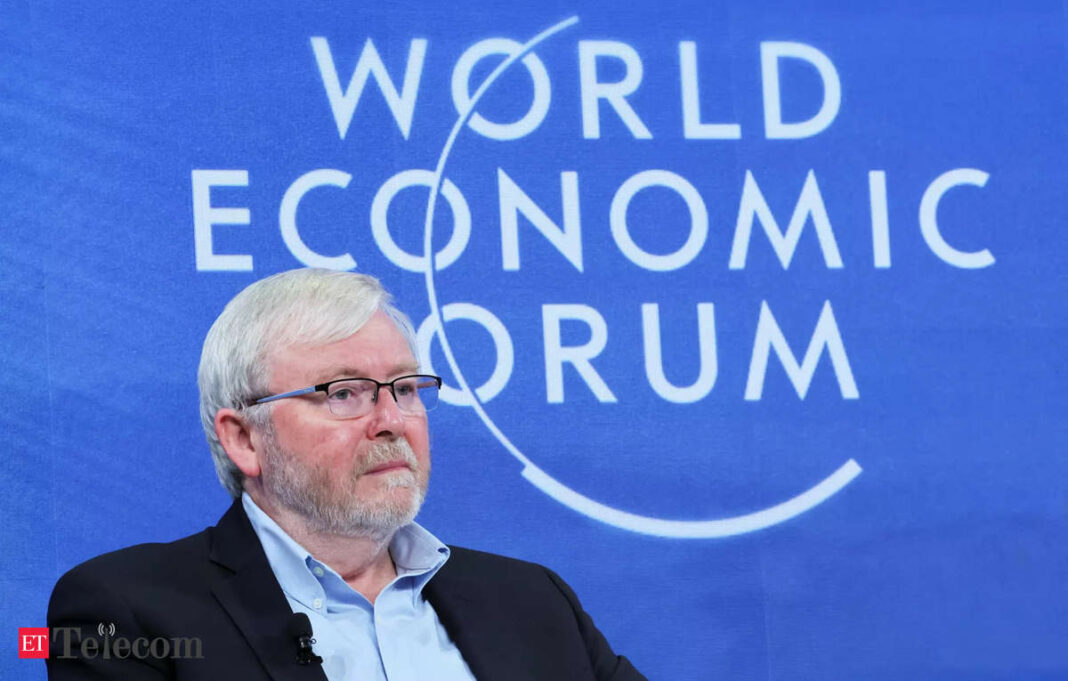In Short:
India’s space sector is gaining attention globally, attracting talent and inspiring startups. The World Economic Forum’s Centre for Fourth Industrial Revolution recently launched a space technology program in India to promote collaborations and support the private space industry. India is seen as a role model for emerging space nations, with potential for growth and collaboration. The country’s investment in shared infrastructure for small satellites, like launch infrastructure, could lead to a boom in space entrepreneurship. India’s achievements in the space sector present opportunities to share best practices and achievements globally. The space industry is expected to become a trillion-dollar industry, with growing applications and innovations benefiting both the economy and society.万元。
How Does Dr. Neeraj Mittal’s Position in the ITU Digital Innovation Board Impact India’s Role in Space Navigation?
Dr Neeraj Mittal, elected cochair of the ITU Digital Innovation Board, brings expertise to the table. His position impacts India’s role in space navigation by facilitating cutting-edge digital solutions and fostering collaboration. Mittal’s leadership helps India stay at the forefront of space technology and navigation advancements.
How does India’s Lighthouse initiative in space technology relate to the telecom sector, specifically with regard to FDI regulations?
India’s Lighthouse initiative in space technology has the potential to transform the telecom sector FDI regulations. By merging space inc. technology with telecommunications, India can attract more foreign investment and streamline regulations to improve connectivity and expand the reach of telecom services across the country. India demands meta delete illegal content, and by leveraging space technology, the telecom sector can also enhance cybersecurity measures to address this demand. With increased investment and the convergence of space and telecommunications technology, India can set new industry standards and lead the way in providing secure and reliable telecom services to its growing population. This initiative has the potential to not only attract foreign investment but also to revolutionize the way telecommunications operate in India.
India’s Space Sector Inspiring Talent Worldwide
The buzz around space in India is not just limited to the country itself; it’s drawing talent from all corners of the globe and encouraging them to kickstart their own businesses, all while contributing to the sector’s growth. This exciting development was recently highlighted by a senior official from the World Economic Forum (WEF).
Global Collaborations in Space Technology
The Centre for Fourth Industrial Revolution (C4IR), a platform under the WEF, recently initiated a space technology programme in India. This program aims to foster global collaborations among different stakeholders as the private space sector gains traction in the country.
In a recent interview with PTI, Sebastian Buckup, a member of the Executive Committee at C4IR, emphasized India’s role as a role model for smaller, aspiring space nations. He mentioned how these nations seek support and guidance from India, something that the WEF is keen on facilitating through exchanges between established and emerging space players.
The Potential of Space Entrepreneurship in India
Buckup also noted the significant interest among entrepreneurs looking to tap into the space sector. With India investing in shared infrastructure like launch pads for small satellites, there is a potential for the country to create a “space public infrastructure” that could spark a boom in space entrepreneurship.
During his visit to India, Buckup engaged with various stakeholders in the space sector, including officials from IN-SPACe, ISRO, and representatives from space start-ups and established companies.
India’s Position in the Global Space Arena
Contrary to perceptions of India as an emerging space player, Buckup asserted that the country has firmly established itself among the top space actors. He stressed the importance of shifting this narrative and showcasing India’s accomplishments to the world.
The Future of the Space Industry
Looking ahead, Buckup predicted that the space sector is poised to become a trillion-dollar industry, with almost every company expressing some level of interest in space-related activities. He highlighted the growing applications in areas like communication, navigation, and earth observation, which could bring significant economic and societal benefits.
India’s Rising Space Economy
According to IN-SPACe, the Indian space economy currently stands at around nine billion dollars, holding a two percent share in the global space economy. Projections suggest that India’s space economy has the potential to reach a value of 44 billion dollars by 2033, capturing about 8 percent of the global market.





